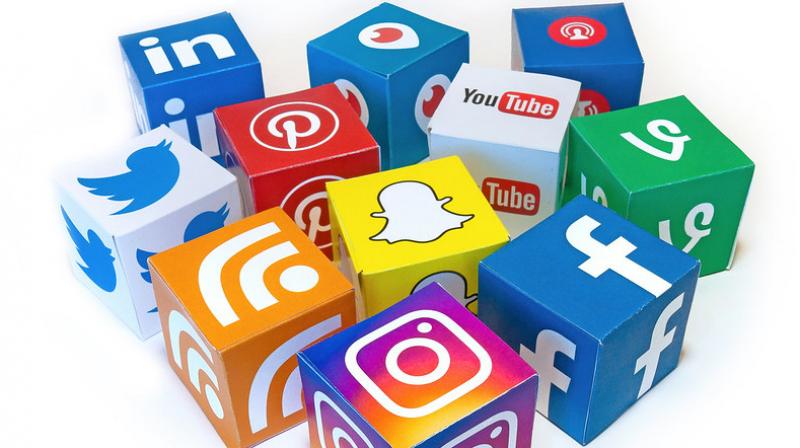Fake news alert: No, there is absolutely no way to self-test for coronavirus
15 March, 2020

A great way the internet claims you can test yourself for the coronavirus COVID-19, which ultimately shows up with symptoms such as for example sore throat, fever and cough, is to hold your breath for 10 seconds. If you can hold your breath for 10 seconds without tightness in your chest, coughing or any discomfort or tiredness, you don’t have the virus, claim posts sharing false information on social media.
Many of these posts include the addendum that the info was leaked from an internal AIIMS report or was reported by the BBC, to fool persons into believing that the false information is credible.
Another trick utilized by those spreading fake news may be the ominous message, “Here’s what the media isn't telling you’, which prompts the general public to mistrust mainstream media.
In India, even leaders of political and social outfits are openly spreading fake news saying that cow urine (gaumutra) pays to in preventing the coronavirus, rendering it tougher for social media to police the info being posted online.
While Google has been removing YouTube videos that tout unscientific tests and fake self-medication hacks, and restricts search engine on coronavirus to official sources alone, Facebook has clamped down on advertisings with inflated charges for face masks and Twitter has highlighted official handles while downgrading suspicious ones. Apple and Google also have removed coronavirus-related applications from their stores.
Despite this, it becomes quite difficult to muzzle the spread of fake news, as gullible social media users wrap up amplifying ostensible quick-fix answers to deal with the outbreak. User-generated content may be the bread-and-butter of the web ecosystem, and it has become the monster that is spreading the fake news pandemic as persons panic about the coronavirus pandemic.
Public service announcements by telecom providers and television set channels are some ways in which the misinformation menace has been tackled. But if social media users don’t stop believing and sharing every hack that’s thrown their way, the risk of the spread of coronavirus infection due to misinformed practices is a clear and present danger.
Source:
TAG(s):
